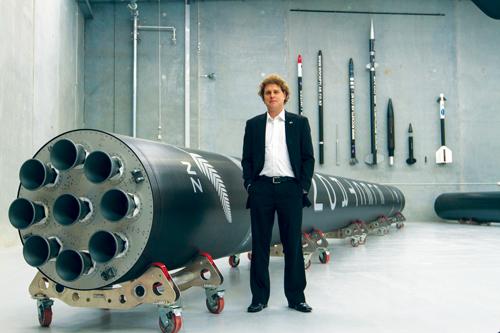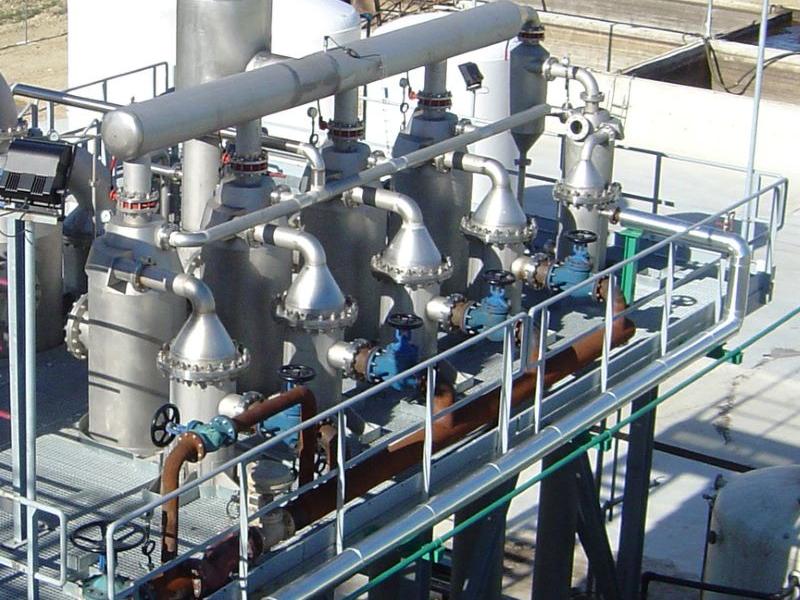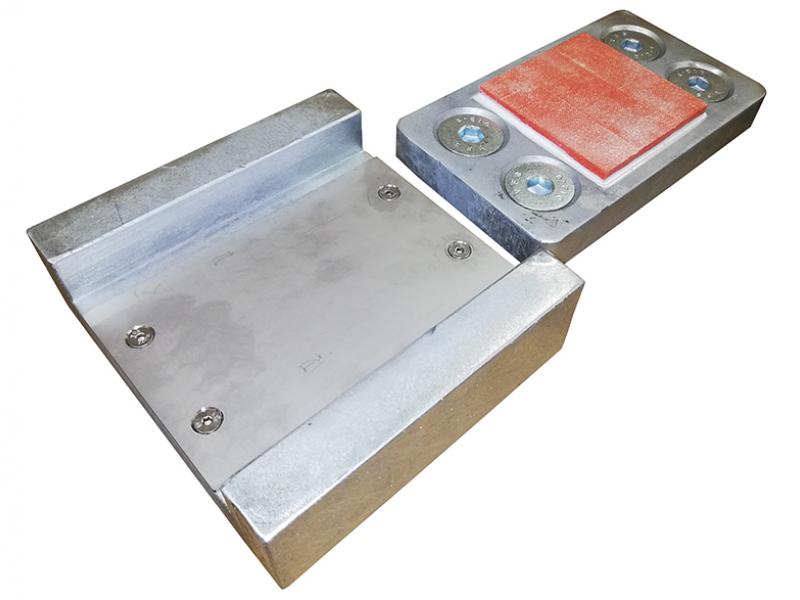Rocket Lab, an American company with offices in New Zealand, has created a lightweight rocket for launching satellites.
The firm is building a world-first carbon-composite launch vehicle, named Electron, at its Auckland facility to reduce the price of launching satellites to less than US$5m. The firm says the average cost to launch a satellite is around US$133m.
The lead-time for businesses to launch a satellite will also be reduced from years to weeks using the firm’s launch facility. It claims to have attracted “strong commercial demand” for its service with commitments for its first 30 launches.
New Zealander Peter Beck founded the company in 2007 with a vision of eliminating the commercial barriers to space.
“The innovation behind Electron will release the limitations on launching small satellites,” he says. “Our vision at Rocket Lab is to make space commercially viable and more accessible than ever before, doing what the Ford Model T did for consumer automobiles. This technology will really open space for business.
“Along with benefits for commercial enterprises, cheaper and faster space access has the potential to lead to more accurate weather prediction, global high speed internet access, as well as real-time monitoring of the impacts of human development,” says Beck
Beck says geographically, New Zealand is in an ideal launch position for a variety of different types of orbits and plans are underway to build a space port here.
“This will bring an innovative and exciting new industry to New Zealand with economic benefits at both a regional and national level. We’re currently considering a shortlist of regions as potential locations for a space port and encourage any region interested to get in touch with us now,” says Beck.
Rocket Lab’s principal funder is Silicon Valley giant Khosla Ventures, a top-tier venture capital firm that supports companies with projected revenues in excess of US$1bn.






